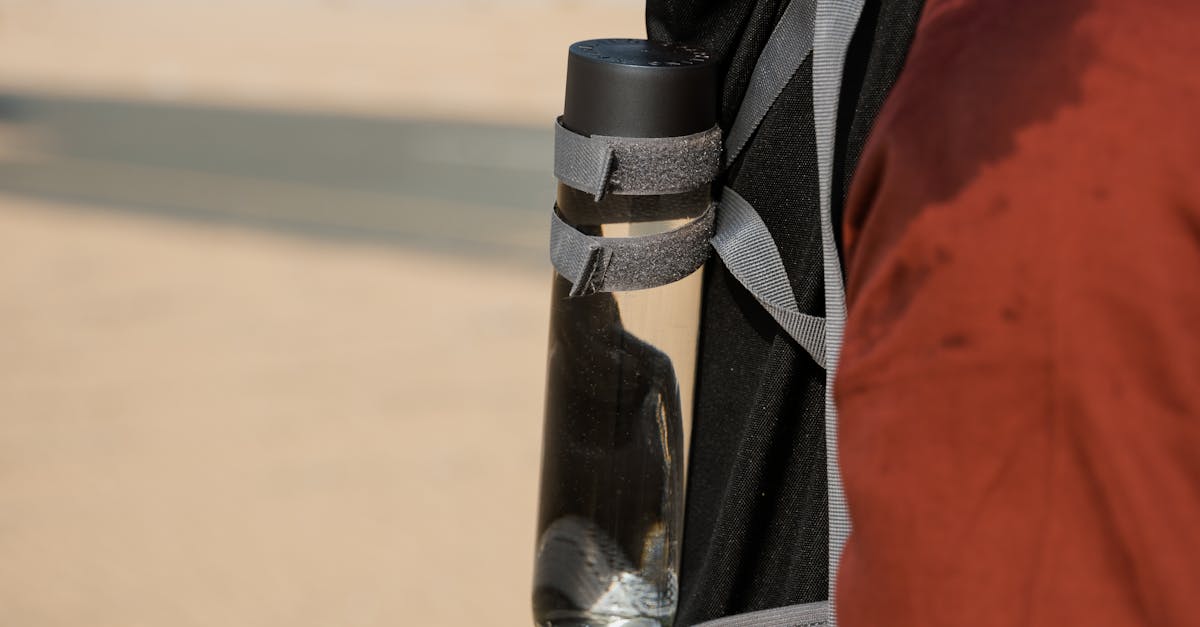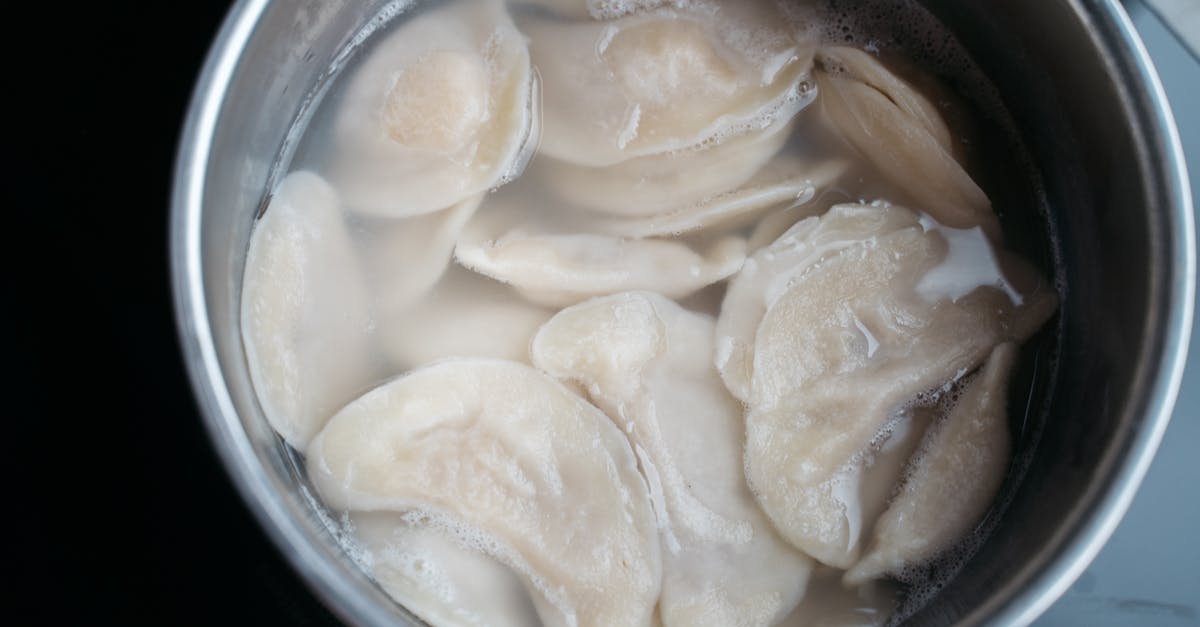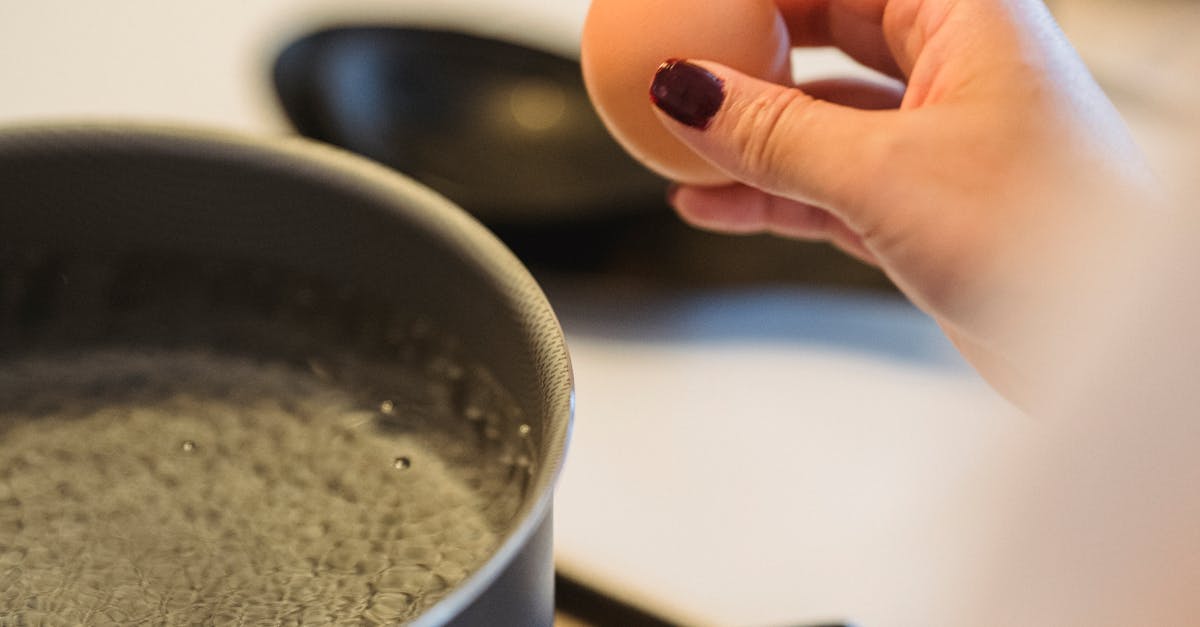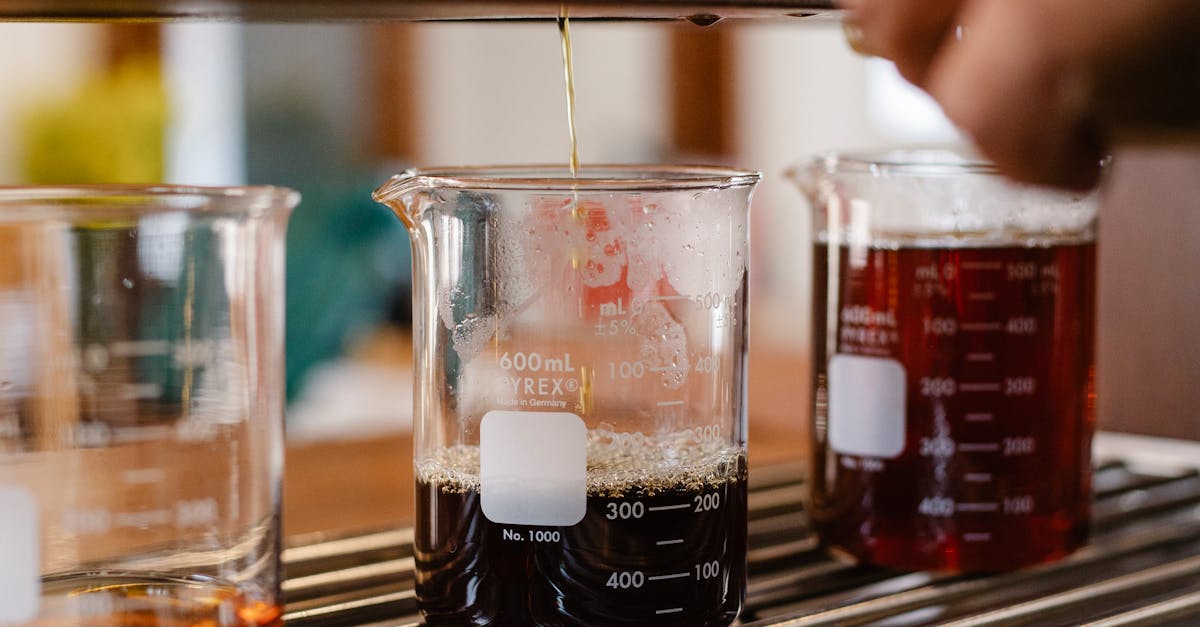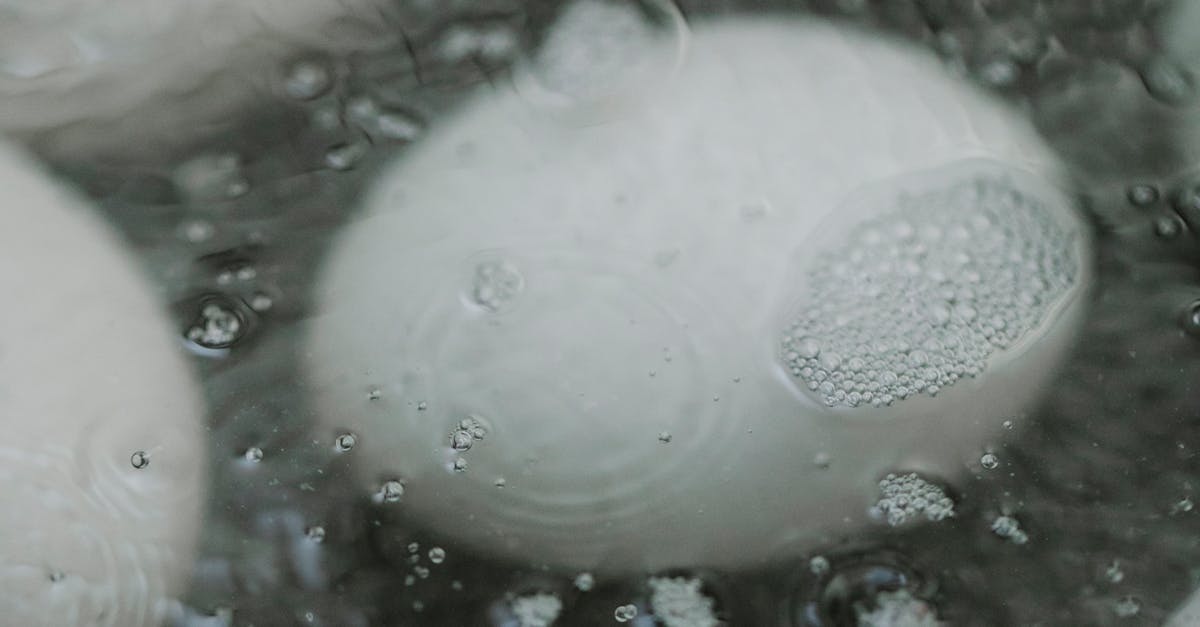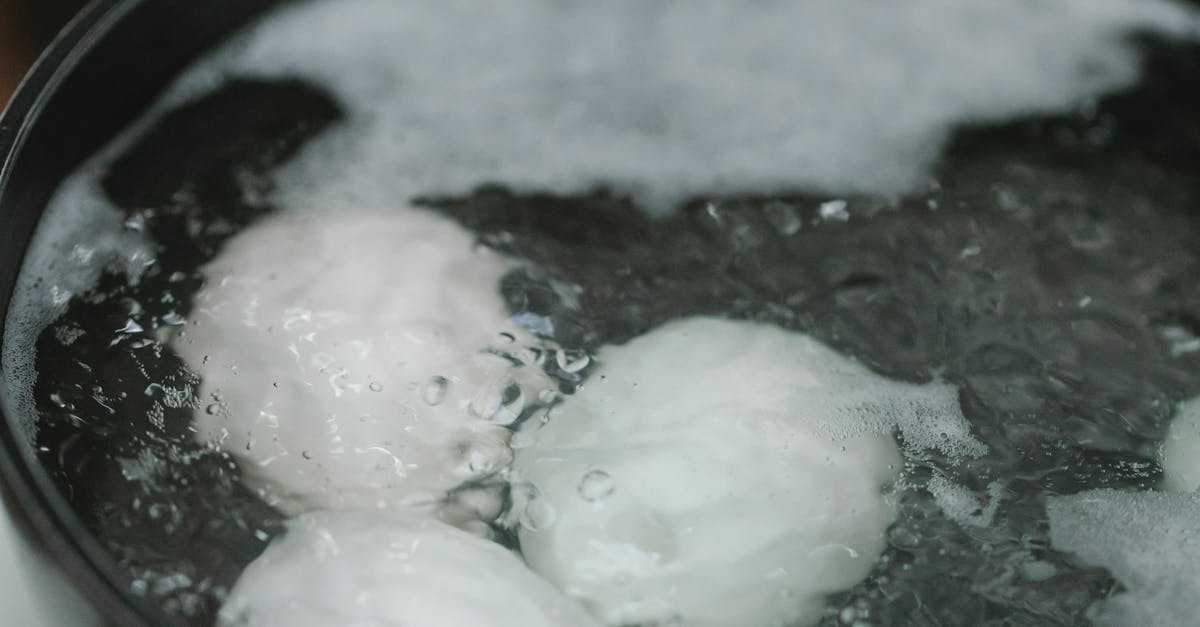
Table Of Contents
Environmental Impact
Heat pump hot water systems can contribute to reduced greenhouse gas emissions when compared to conventional water heating methods. By extracting heat from the environment rather than relying solely on fossil fuels, these systems offer a more sustainable option for hot water installation. Yet, their environmental impact can vary significantly depending on the energy source that powers them. If the electricity used is derived from non-renewable sources, the potential benefits may diminish, leading to a reconsideration of their overall sustainability.
The type of refrigerants utilised in heat pump systems can also raise environmental concerns. Some refrigerants possess high global warming potential, which can adversely impact the environment if released into the atmosphere. Regulations surrounding the use of certain refrigerants are becoming more stringent, prompting manufacturers to explore greener alternatives. As consumers increasingly consider the environmental implications of their hot water installation choices, these factors become critical in assessing the overall sustainability of heat pump systems.
Considerations for Refrigerants and Energy Sources
When considering a heat pump hot water system, the choice of refrigerants plays a crucial role in its environmental impact. Many refrigerants have been found to contribute to global warming and ozone depletion. As regulations tighten around the use of high-GWP (Global Warming Potential) refrigerants, manufacturers are increasingly seeking alternatives that are both efficient and environmentally friendly. This shift may influence hot water installation practices, as newer systems might require special considerations for handling and maintenance to ensure compliance with evolving standards.
Energy sources used in conjunction with heat pump systems are another factor to evaluate. While these systems are designed to utilize ambient air or ground heat, their efficiency can be significantly affected by the source of electricity feeding the unit. In areas where the grid relies on fossil fuels, the overall greenhouse gas emissions associated with hot water installation can diminish the environmental benefits of using a heat pump. Conversely, integrating renewable energy sources, like solar or wind power, can greatly enhance the sustainability of these systems, making them an attractive option for environmentally-conscious homeowners.
Performance Limitations
Heat pump hot water systems exhibit certain performance limitations that can affect their efficiency and effectiveness. One notable challenge arises in colder climates where ambient temperatures drop significantly. These systems rely on extracting heat from the environment, and as outdoor temperatures decrease, their efficiency tends to diminish. Consequently, hot water installation in areas with prolonged cold conditions may require careful consideration of alternative solutions or supplementary heating sources to ensure reliable hot water supply.
Another aspect to consider is the recovery rate of heat pump systems, which can be slower compared to traditional models. During periods of high demand, such as morning showers or when multiple taps are in use, the hot water availability may be limited. This slower recovery can lead to inconvenience for households, requiring users to plan their water usage accordingly. In situations where immediate access to hot water is critical, these systems may not always be the most practical choice.
Hot Water Delivery during Peak Demand
Heat pump hot water systems can struggle to provide sufficient hot water during periods of high demand. These systems rely on the ambient temperature to efficiently heat water, and when multiple outlets are used simultaneously, it may lead to a delay in delivery. Households with a high demand for hot water, such as larger families or those with multiple bathrooms, may find that their hot water installation does not adequately meet their needs during peak times.
Additionally, the performance of heat pumps can be affected by colder weather, which may reduce their ability to produce hot water quickly. When outdoor temperatures drop, the efficiency of the heat pump decreases, leading to longer heating times. For those heavily reliant on hot water at specific times, such as mornings or evenings, this can result in frustration and inconvenience, making it crucial to carefully assess hot water installation options to ensure adequate supply during peak periods.
Lifespan and Durability
Heat pump hot water systems generally have a longer lifespan compared to traditional electric systems. Many models are designed to last upwards of 10 to 15 years with proper maintenance. The technology used in these systems, including durable components and advanced insulation, contributes to their longevity. However, the actual lifespan can be affected by factors such as climate, usage patterns, and the quality of the hot water installation. Ensuring that the installation is conducted by a certified technician can significantly enhance the reliability and durability of the unit.
Despite their longevity, heat pump systems may face performance decline over time, particularly if they are not regularly maintained. Common issues include the degradation of the compressor and the accumulation of scale and debris in the system. These factors can decrease efficiency, leading to increased energy consumption and higher operational costs. Homeowners must consider these potential maintenance needs when evaluating the overall durability of a heat pump hot water system in comparison to traditional water heaters.
Comparison with Traditional Systems
Heat pump hot water systems differ significantly from traditional systems, primarily in energy consumption and efficiency. Traditional systems, such as gas or electric storage heaters, typically rely on direct heating methods, which can be less energy-efficient. In contrast, heat pumps extract heat from the environment, making them more efficient in terms of energy usage. This difference can result in reduced operational costs over time, although the initial hot water installation can be more expensive.
When comparing durability, traditional hot water systems tend to have simpler designs and can be easier to maintain. They often have established, proven technology, which can lead to a longer lifespan in some cases. Heat pumps, while generally reliable, may experience more maintenance needs related to their complex components. Homeowners considering hot water installation must weigh the upfront costs, ongoing energy expenses, and the expected durability of the system against their specific needs and preferences.
FAQS
What is a heat pump hot water system?
A heat pump hot water system uses electricity to move heat from the air or ground to heat water, making it an energy-efficient alternative to traditional water heating methods.
What are the main disadvantages of a heat pump hot water system?
The main disadvantages include environmental impacts related to refrigerants, performance limitations during peak demand, and potential durability issues compared to traditional systems.
How do refrigerants affect the environmental impact of heat pump hot water systems?
Some refrigerants used in these systems can have a high global warming potential, which raises concerns about their environmental impact if they leak into the atmosphere.
Can heat pump hot water systems deliver hot water during peak demand times?
Yes, but their performance can be limited during peak demand periods, especially in colder climates, which may result in inadequate hot water supply.
How does the lifespan of heat pump hot water systems compare to traditional systems?
Heat pump systems generally have a longer lifespan than traditional systems, but their performance may degrade over time, and some components may require more frequent maintenance.

